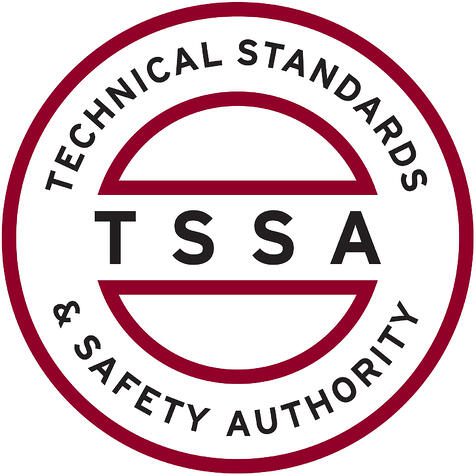
If you’re unsure whether your Dresden house has bad indoor air quality (IAQ), it possibly does.
We are indoors a lot. As a matter of fact, we’re indoors up to 90% of the time, according to the U.S. Environmental Protection Agency. And the air inside houses could be 2–5 times worse than outdoors, which could create long-term health concerns.
Most Common Causes of Bad IAQ
We’ve put together a list of the most ordinary causes of poor IAQ, the issues they cause and how you can fix these indoor air pollutants. If you’re troubled by the air inside your home, we advise chatting with a expert like McFadden Heating & Cooling about which solutions are best for your home.
Volatile Organic Compounds
Volatile organic compounds, or VOCs, are fumes leaked by common household products.
They’re found in paint and stains as well as:
- Furniture
- Carpet
- Building materials
- Cleaning products
- Cosmetics
- Air fresheners
- Candles
When these vapors accumulate in your home, they may irritate your eyes, nose and throat. They can also lead to headaches and nausea. Regardless of whether your house is in a rural or industrial location, an EPA study found indoor levels of these fumes can be 2–5 times higher than the air outdoors.
Always adhere to the manufacturer’s directions when applying paint or spraying cleaning products. Opening a window can help fumes dissipate faster.
Air purification systems can also better your air. This system partners with your heating and cooling system to improve indoor air. When seeking one, ensure it’s specifically made to eradicate VOCs.
Dust and Pet Dander
Dust and pet dander can irritate health problems like asthma and allergies, especially when it continuously gets recirculated by your residence’s comfort equipment. While you can vacuum more regularly and get an improved air filter, an air filtration system might be a better solution.
This solution hooks to your comfort equipment to deliver mighty filtration. Some types offer hospital-level filtration for removing particles and bioaerosols.
Persistent Odors
New residences are securely sealed to increase energy efficiency. While this is good for your heating and cooling bill, it’s not very good for your IAQ.
Musty odors can stay around for a greater amount of time as your house is pulling in less fresh air. Since keeping your windows open all the time isn’t a possibility, here are two methods you can make your indoor air smell cleaner.
An air purification system is put in your ductwork to eliminate odors before they recirculate. Look for one with a carbon filter and the capability to eliminate dangerous VOCs. This equipment can also help keep your household healthy by wiping out most bacteria and ordinary allergy triggers like pollen and mold spores.
A ventilation system takes out stuffy indoor air and exchanges it with clean outdoor air. There are two models of equipment (heat recovery and energy recovery), so ask our professionals for more info on which type is right for your residence.
Uneven Humidity
It’s critical your house’s humidity keeps even. Air that’s too moist can create mold, while dry air can cause respiratory concerns.
Our experts suggest 40–50% for top comfort. To keep yours even, think over getting a whole-home humidifier or whole-home dehumidifier with your heating and cooling equipment.
In place of having to drag a humidifier from room to room, this product delivers consistent humidity throughout your house.
Carbon Monoxide
Carbon monoxide is colorless gas you can’t smell. It’s caused by insufficient combustion in fuel-burning equipment, like gas heating systems, water heaters or fireplaces.
It causes a severe health risk. In little levels, it can lead to flu-like symptoms like headaches and nausea. It may be deadly in large levels.
We suggest yearly furnace maintenance to double-check your system is running smoothly. This service allows our professionals to discover troubles before they get bigger, including malfunctions that can create carbon monoxide leaks.
The best way to keep your house free of carbon monoxide is to install detectors. These alarms need to be on each floor near bedrooms and living areas.
Improve Your House’s Air Quality with the McFadden Heating & Cooling Pros
Know that your house has bad air quality but not sure how to make it better? Or unsure which option is best for you? Give our approachable HVAC pros a call at 519-683-2339 or contact us online right away. With free estimates and pro assistance, we’ll help you locate the ideal option for your family and budget.




